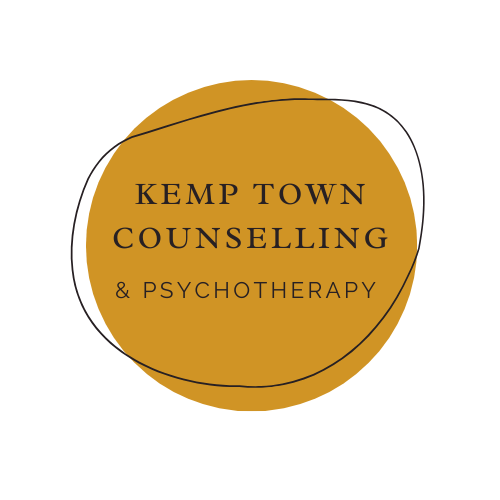Toxic Positivity - Why we need to state when life feels shit
A small rant…
Toxic positivity feels like a further addition to the list of ‘toxics’ we have in society - toxic relationships, toxic masculinity (which requires a separate post as to how it’s harmful to call masculinity toxic…or femininity for that matter), toxic emotions… etc. But why do I have a bee in my bonnet about toxic positivity?
The term ‘toxic positivity’ has been increasing in my awareness as I began to recognise the sickly saccharine side of the inspirational memes being shared by others during the continued lockdown/pandemic situation. As we moved into the New Year the genuine intentions of people to share goodwill and to nudge us into gratitude felt like a tidal wave of ‘You’re not entitled to complain’. Whilst the practice of gratitude is incredibly powerful, it’s more than an inspirational meme that Sally shared on Instagram. Gratitude is about truly embodying the emotion we feel towards people or aspects of our life - without comparison to others. I digress.
With toxic positivity, there is a shutting down or minimising of another person’s experience. Toxic positivity doesn’t allow others to say ‘I feel differently to you’ or ‘I feel sad’. In therapy we might offer something called a ‘reframe’ if it’s of therapeutic benefit - that is a lens to offer a different perspective to an event/person that may cultivate empathy or a client’s own problem solving. Yet toxic positivity completely discounts the original experience with no acknowledgement to those thoughts or feelings. It’s like ‘Keep your chin up’ but on steroids!
My grandmother would be horrified…
So why am I ranting about it? In a previous blog about the global grief experience due to the pandemic, I promoted the OKness of stating some things are shit right now. And as we enter a further lockdown in the UK, things are feeling pretty shit. Let’s not even mention Brexit!
In Gestalt therapy, there’s a guiding principle about accepting a person exactly where they are right now. That when a person is accepted in the here and now, they have a firm footing on which to move forwards. The paradoxical theory of change states;
“The more you try to be who you are not, the more you stay the same” (Yontef, 1993)
So how does this relate to toxic positivity? Well, when we try to fake our happiness, feel better using a comparative mindset or only focus on the ‘positive emotions’ we’re diminishing and discounting a very valid part of ourselves. We’re ignoring those parts of us that feel the weight and reality of what’s happening in the world. So we might try to remain positive…And yes, Amy Cuddy’s ‘Fake it til you make it’ was based on falsified data. We can’t fake who we are and think our authentic Self is simply going to be distracted by the shiney meme for long enough until we feel better. Toxic positivity doesn’t allow us the space to acknowledge we feel crap and is akin to the closing credits on The Life of Brian. We need to encourage a realness of the diversity of experiences right now by making space for all emotional experiences. Whether that’s genuine happiness at the relief of feeling safe at home or whether it’s a sense of impending doom. There’s room at the emotional table for all! And we might find we weave in and out of emotions - and that’s OK too. By making space and allowing ourselves, our felt senses, to be acknowledged provides the firm footing from which to move forward. It allows us to move through the emotion without us fearing it engulfing us.
So please consider this post a virtual permission slip (and a bit of my Ranty McRantyson side). You have the choice to respond to the cultural niceties of ‘How are you?’ with more than an ‘OK’ (unless you are genuinely OK!). You have permission to be in contact with how you’re authentically feeling in that moment - from stressed out to playful. Because maybe if we start being honest with ourselves, honest with others, then maybe it will embolden us to move forward in life in ways we thought only ‘thinking positive’ could.



